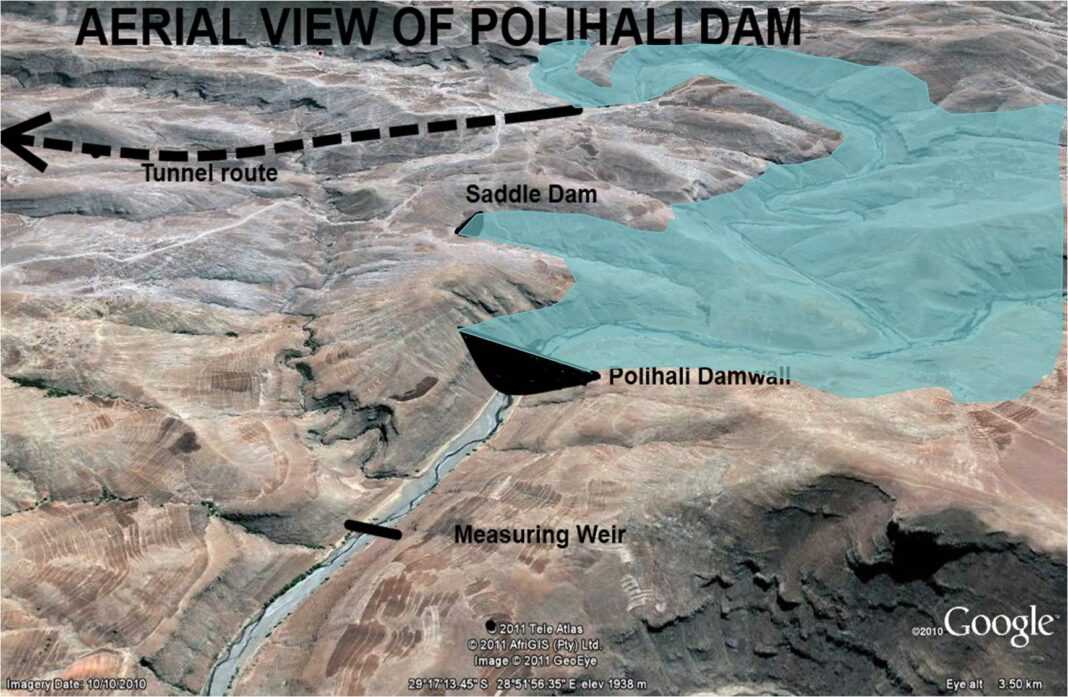Staff Reporter
The New Development Bank (NDB), has finalised a significant loan agreement of M3.2 billion with South Africa’s Trans-Caledon Tunnel Authority (TCTA) for the development of infrastructure in the Phase II of the Lesotho Highlands Water Project (LHWP).
The agreement was signed on the sidelines of the 15th BRICS summit held in Johannesburg this week.
NDB is a multilateral financial institution established by the BRICS countries (Brazil, Russia, India, China, and South Africa).
The LHWP is a substantial multi-dam water project that was initiated through a partnership between the governments of Lesotho and South Africa in 1986.
This initiative involves transferring water from the Lesotho highlands to South Africa’s Gauteng industrial hub via the Vaal River System, while also generating hydro-electricity for Lesotho.
The project, known as Africa’s largest water transfer scheme, is a significant stride in regional cooperation and resource management.
Phase II of the LHWP encompasses the construction of the Polihali Dam, a transfer tunnel from Polihali Dam to the Katse reservoir, and additional infrastructure developments, environmental initiatives, and social programs in Lesotho.
This phase will ultimately increase the annual supply rate from 780 million cubic meters to over 1.270 million cubic meters, reinforcing both water security and energy generation.
The total cost of the project, which commenced construction in May, stands at M42 billion.
“The NDB funding will be allocated to advance infrastructure such as bridges and roads,†noted Percy Sechemane, the Chief Executive Officer (CEO) of TCTA.
The loan agreement, valued at R3.2 billion, carries a 20-year term with a grace period of 5.5 years.
TCTA is a state-owned entity entrusted with financing and executing major raw water infrastructure projects. Its role extends to aiding the South African government in achieving water security and fulfilling the constitutional obligation of ensuring universal access to this vital resource.
Furthermore, TCTA is tasked with implementing, operating, and maintaining the components of the LHWP within South Africa. This involves raising the necessary funds for the water transfer aspect of LHWP Phase II.
Meanwhile, the Lesotho Highlands Development Authority (LHDA) oversees the components of the project situated within Lesotho’s borders.
As the project’s implementing authority, LHDA is responsible for both the operation and maintenance of the Lesotho-based components, as well as social, environmental, and economic initiatives related to the project, including resettlement, compensation, water supply to resettled villages, irrigation, fish hatcheries, and tourism.
The activities of both TCTA and LHDA are overseen by the Lesotho Highlands Water Commission (LHWC), a bi-national entity representing the governments of Lesotho and South Africa.
LHWC ensures adherence to agreed milestones and performance indicators, holding TCTA accountable solely for LHWP-related activities. It plays a pivotal role in project management, representing and advising the governments, and serving as a conduit for government inputs.




